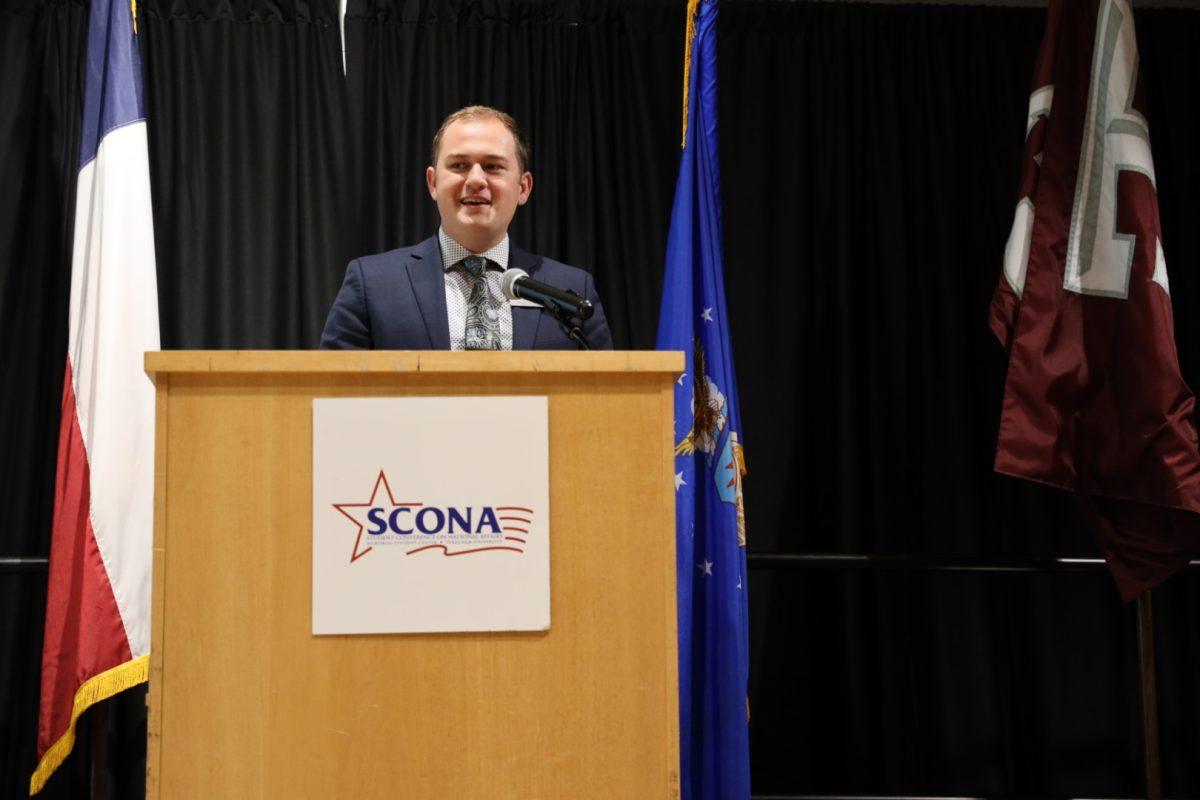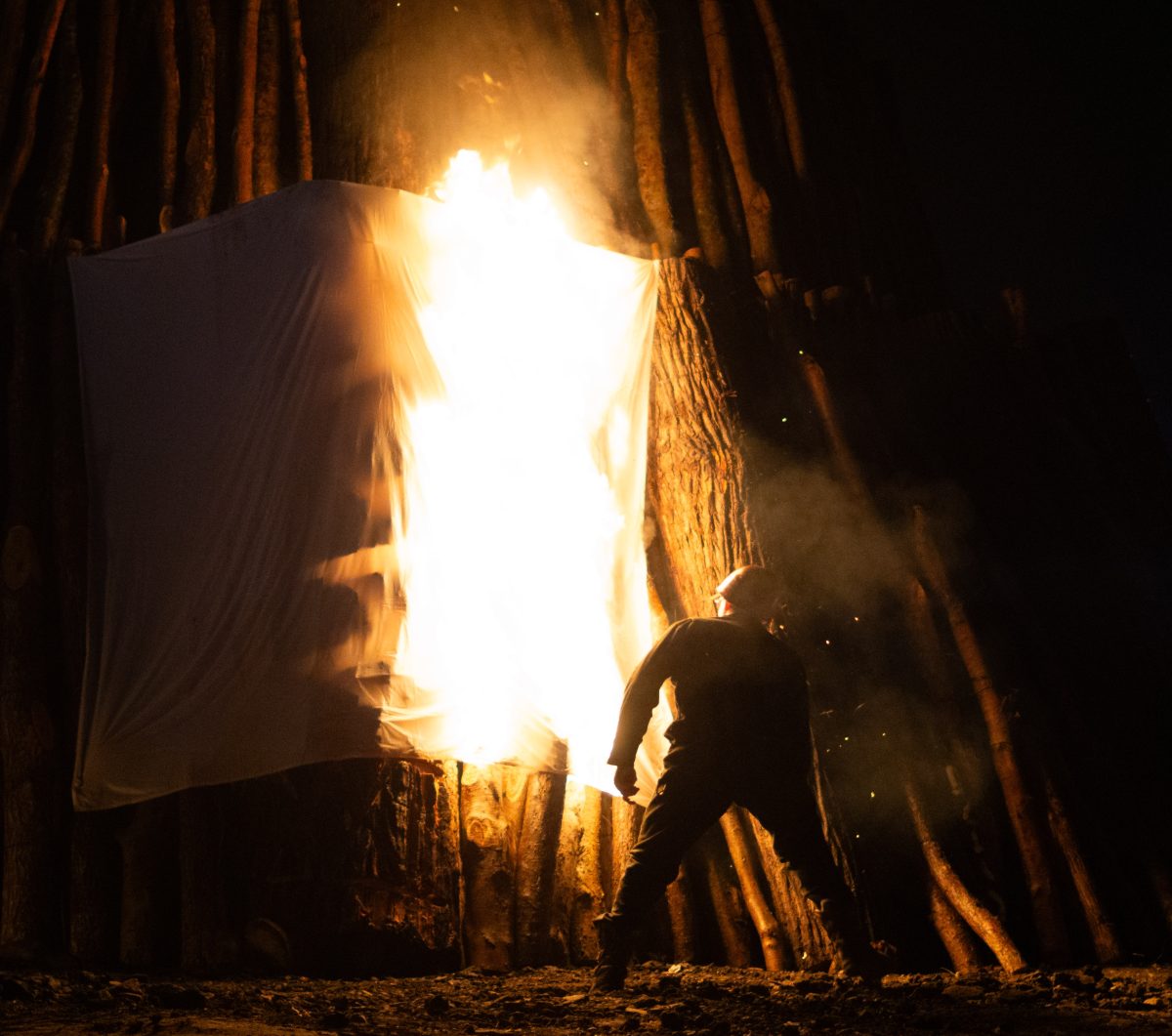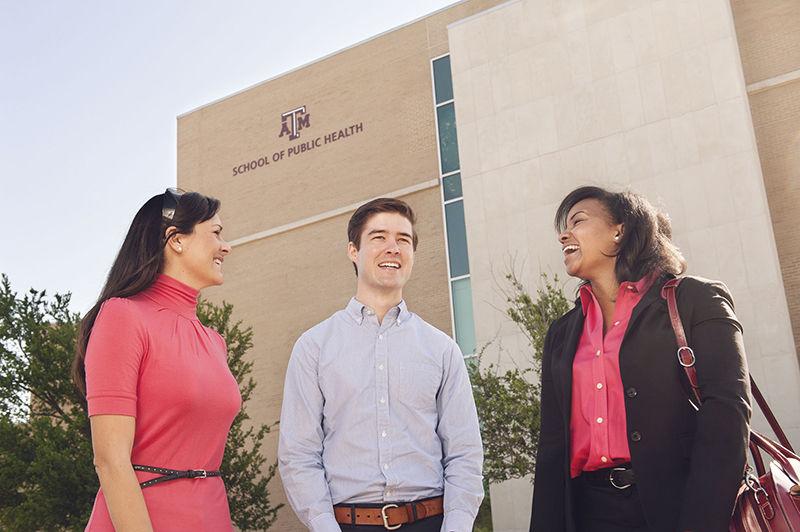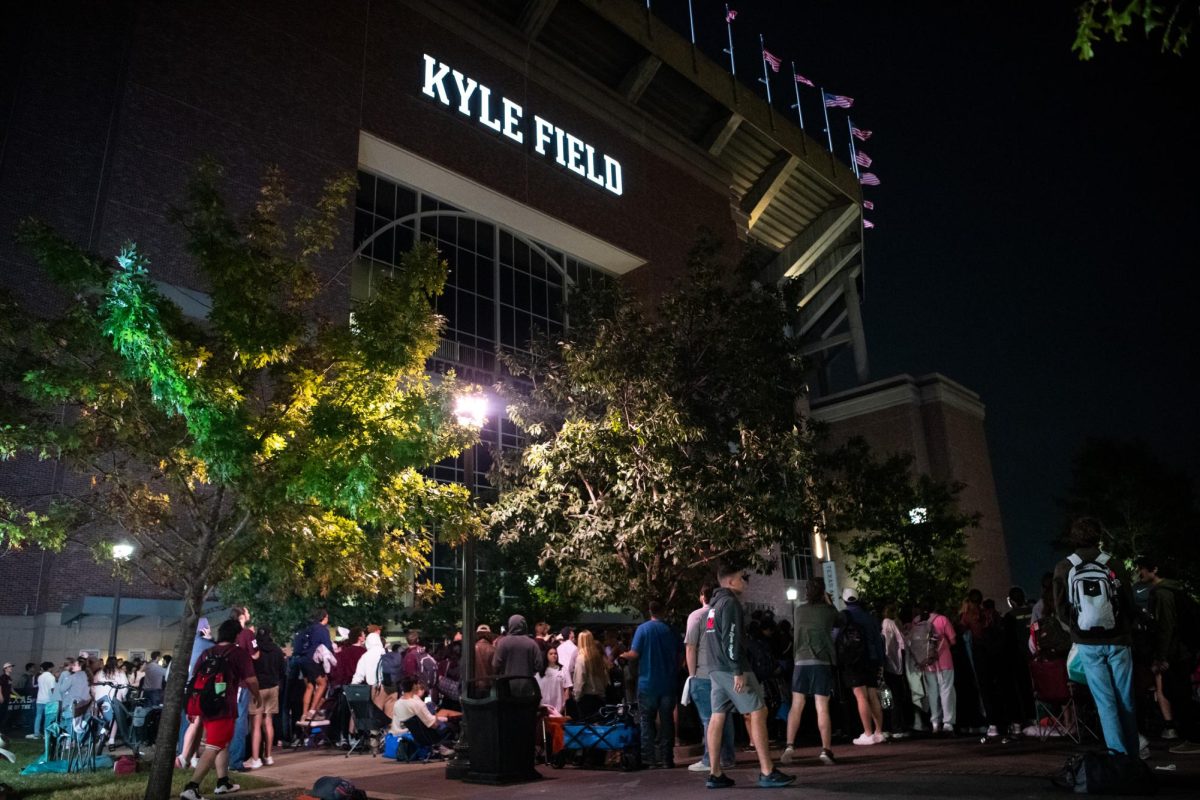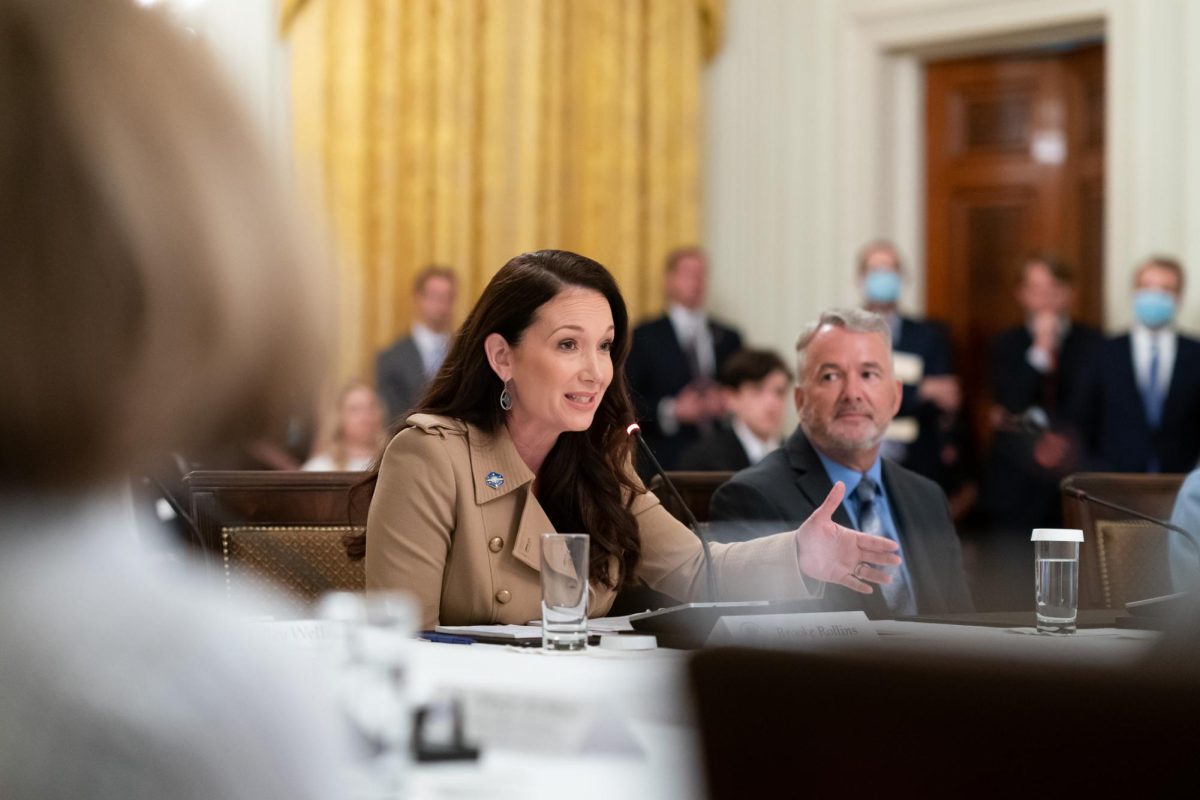For the last 68 years, the Texas A&M MSC Student Conference on National Affairs has hosted its self-titled SCONA conference. Multiple speakers come together with participating students to discuss urgent matters relating to international affairs, security and the role of the U.S. on the global stage. This year, SCONA was held in the Memorial Student Center, or MSC, ballrooms over three consecutive days, from Feb. 9 to 11.
The conference also allows students to actively participate in developing policies that will be reviewed by the policy paper judges, some of which include government officials and experts in government agencies. This year’s SCONA topic is “Hanging in Balance: American Leadership In Global Crises.” Delegates are divided into smaller “round table” groups, each applying to more specific issues such as “Secrets Make Friends: Role of Intelligence in National Decision Making,” where they develop policies based on these issues. This conference is also not exclusive to A&M but welcomes students from other universities, such as United States Military Academy West Point and the University of Texas Austin.
West Point international history and Chinese senior Ben Mayo said he wanted to take some of the information he learned at SCONA back to West Point and apply it to the Student Conference of United States Affairs, or SCUSA.
“At West Point, we have the [SCUSA],” Mayo said. “Each year we run that, and we have people from Texas A&M come out, and we have the opportunity to speak with them, as well as a few individuals who have been a part of SCONA before. I wanted to have the opportunity to come out here and see what SCONA was like on your end, see how it is around here, and hopefully take things back to our own conference.”
SCONA Chair Joseph Muir said he joined SCONA for the people and community it offers.
“I met people in SCONA, and I thought ‘Oh they’re cool,’ and so I joined them next year as a junior, and then they reeled me in and never let me go,” Muir said.
Each “round table” group is assigned an expert in the designated field to help initiate discussion, answer questions and provide their expertise surrounding the policy. Upon entry, students were greeted at check-in and sent to listen to opening statements, where the facilitators discussed which groups they were in charge of and touched on their backgrounds and qualifications. Next, they were sent to separate rooms to discuss their positions and develop a policy to later present to the judges.
SCONA facilitator of the round table group “Guarding The Grid: Fostering America’s Energy Independence” Charisma Jackson said she loves that so many students come together and are excited to collaborate on national security issues.
“The thing I love about SCONA is you get the chance to have all these student minds, who are from across the U.S., excited about national issues and national security,” Jackson said. “It’s a topic that’s very broad, but has these narrower round tables, and so you get a chance to listen to major speakers from across the nation and across the world that come to [A&M] and speak on their subjects, yet give to these small round table environments.
After the round table discussions concluded, all delegates, facilitators and staff went back into the main ballroom to listen to the main speaker give a concluding presentation.
Australian Army Major General Michelle McGuinness, the current Deputy Director for Commonwealth Integration in the U.S. Defense Intelligence Agency, touched on an array of topics, from the role of leadership in global crises to the importance of sharing information and processing data.
“American leadership is global leadership,” McGuinness said.



